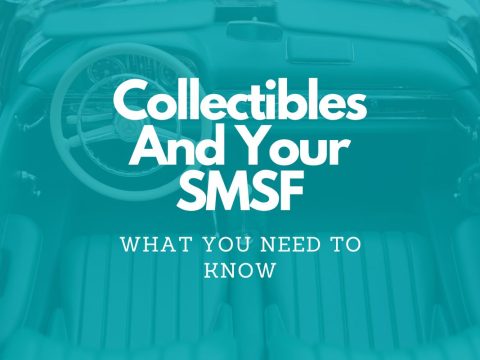Viewpoint – Autumn 2011
SMSF – stronger Super
The Federal Government has released its response to the Cooper Review into Superannuation. In its final report the Government advised “The Self Managed Super Fund (SMSF) Sector is largely successful and well functioning. While significant changes are not required, there are still a number of noticeable issues, which, for the most part, do not directly relate to Trustees and Members, but instead to service providers”.
Key recommendations supported by the Government include:
- A new penalty regime (sliding scale) to be legislated versus the current scheme of compliant versus non compliant
- Mandatory education for Trustees who breach the rules
- Registration requirements for SMSF Auditors
- A review of the qualification requirements of auditor and an independent standards review
- A review of the current borrowing rules in two years time
- Related transactions to be more regulated
- Net market value to be used for fund asset valuation with the regulator providing guidelines on a standard valuation process for assets
- Legislation amended so SMSF Trust Deeds allow anything permitted by the SIS/Tax Act (Cwlth 1993) therefore minimising the need to prepare amended Trust Deeds.
Interestingly, the Government did not support the removal of the five per cent in-house asset limit, or the probation of the acquisition of collectables/personal use assets. It is noted that those who hold collectables/personal use assets will be required to annually value those assets to net market value and not retained in a member’s residence or associated premises. They must be professionally stored.
In short, the legislation will ensure that there is no ‘current day benefit’. If these new rules cannot be met, the SMSF Trustee’s will need to dispose of the assets by July 2016.
For more information about the Government’s response to the Cooper Review and how it might affect your SMSF talk to us.
Share investment, trading or speculation?
Recently, the ATO has begun focusing on how taxpayers classify their share trading activity – whether it is share investment, trading or speculation.
In making a determination the taxpayer’s intention is taken into account.
Investments
The intention should be to derive income through dividends or distributions and appreciation of the value of shares over the long-term
Speculation
The intention should be to increase the share value by holding for the short-term and having little to no regard for the income stream.
Share trading
The intention should be to increase the share value held for the short-term with little or no regard for the income stream, with routine and systematic analysis and employ a plan or trading discipline.
It is important to know that you can shift from being a share trader to an investor or speculator, depending on your circumstances. There are clear rule changes that apply when shifting from a share trader to an investor or share investor to trader.
These factors need to be discussed with us when classifying your share trading activity.
Are your business systems responsive to growth and change?
Ensuring that your business system can handle growth and change is critical for effective tax governance. By ‘business system’, we mean the systems, processes and controls you have in place to capture and record GST information.
An ability to handle growth and change is particularly relevant to small-to-medium (SME) enterprises with growth potential and is important during periods of economic fluctuation.
Those businesses at risk include businesses experiencing rapid growth, restructure, mergers or de-mergers and businesses where there has been a change in accounting staff.
It’s good to pay particular attention to your systems when you are going through a significant change or restructure. Ensure that your systems:
- are set up to report new branches correctly
- establish GST accounting processes
- invoice trading stock correctly on transfer to a new business
- properly integrate with any new computer or accounting systems
- correctly classify intra-group transactions subsequent to the change
- set up succession planning in terms of staff change or movement
- provide for staff training in the correct use of your systems.
Errors often occur because of incorrect interpretation of the GST law during these changes.
Ensure that your business has established procedures for seeking technical advice to confirm the correct treatment of GST transactions, and that your staff are aware of, and understand these procedures.
ATO cracking down on clients who fail to make repayments
The ATO have toughened up their stance on small businesses that fail to make repayments.
They have been issuing garnishee orders which enable the ATO to directly access funds held in a client’s bank account, or in the case of companies, moving to appoint receivers.
We recently sent a separate News Flash to clients in respect of the more aggressive attitude from the ATO, and its re-emptive moves to collect outstanding taxes.
If you have made a payment arrangement with the ATO ensure you make your repayments on time and contact us if you are having difficulty paying.
Extra time to lodge for those affected by natural disaster
The Commissioner of Taxation, Michael D’Ascenzo, announced the ATO is allowing additional time for tax-related lodgements and associated payments for individuals and businesses affected by the recent natural disasters.
This includes:
- the lodgement of monthly activity statements since December 2010, if not already lodged
- any income tax



